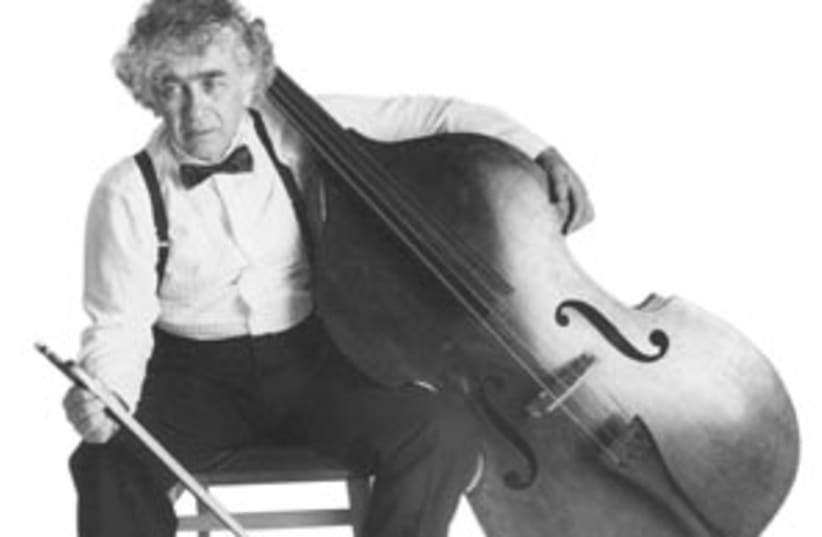| JPOST.COM HIT LIST | |
| JPost.com's most popular articles this past week |
A Polish-Jewish renaissance
Yiddishpiel theater prepares to perform at the 16th Krakow Festival of Jewish Culture.


| JPOST.COM HIT LIST | |
| JPost.com's most popular articles this past week |